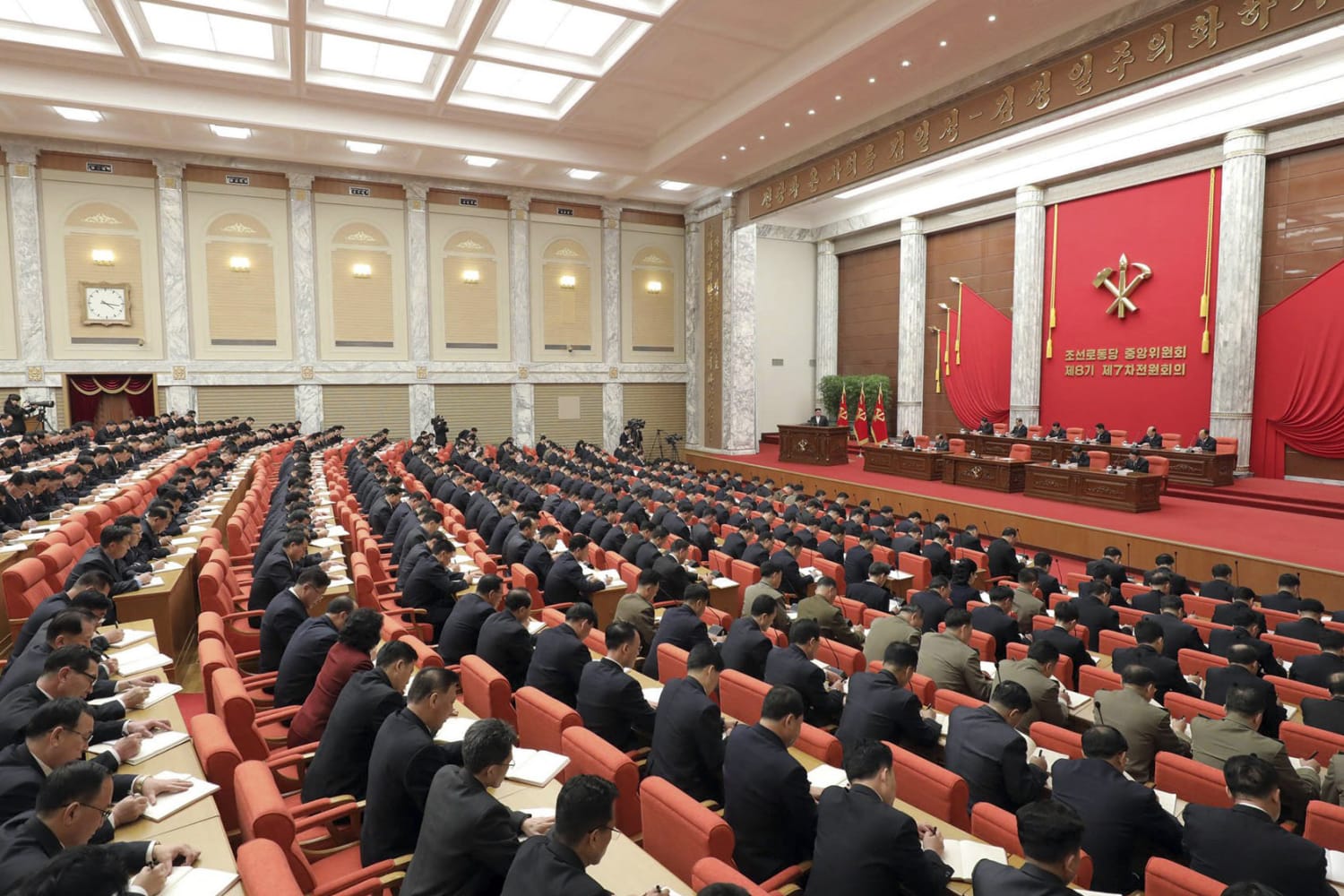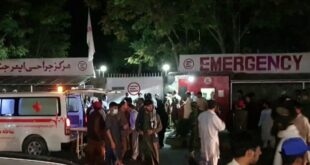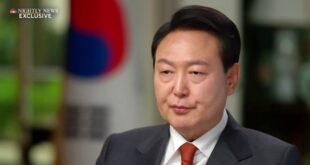[ad_1]

North Korea is under strict international sanctions over its nuclear weapons and ballistic missile programs, and its economy has been further strained by strict self-imposed border lockdowns aimed at stopping Covid-19 outbreaks.
The full extent of the food shortages in North Korea is unclear, but in a January report, the U.S.-based 38 North project said that food insecurity was at its worst since famines that devastated the country in the 1990s.
“Food availability has likely fallen below the bare minimum with regard to human needs,” the report said.
North Korea’s pursuit of self-sufficiency means almost all its grain is produced domestically, but that has left the country vulnerable, 38 North found.
“Achieving adequate agricultural output in North Korea’s unfavorable soils has, ironically, generated a heavy reliance on imported goods and left the country exposed to global shocks, diplomatic conflicts, and adverse weather,” the report said.
The long-term solution to the problems lies partly in resolving the standoff over nuclear weapons and sanctions, but also requires economic reforms.
The initiation of domestic economic reforms would unshackle North Korea’s productive capacity and allow it to export industrial products and tradable services, earn foreign exchange and import bulk grains on a commercially sustainable basis, 38 North said.
 Latest Breaking News Online News Portal
Latest Breaking News Online News Portal




